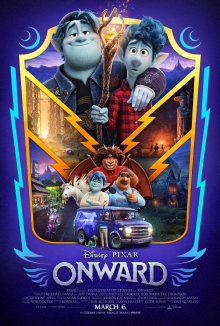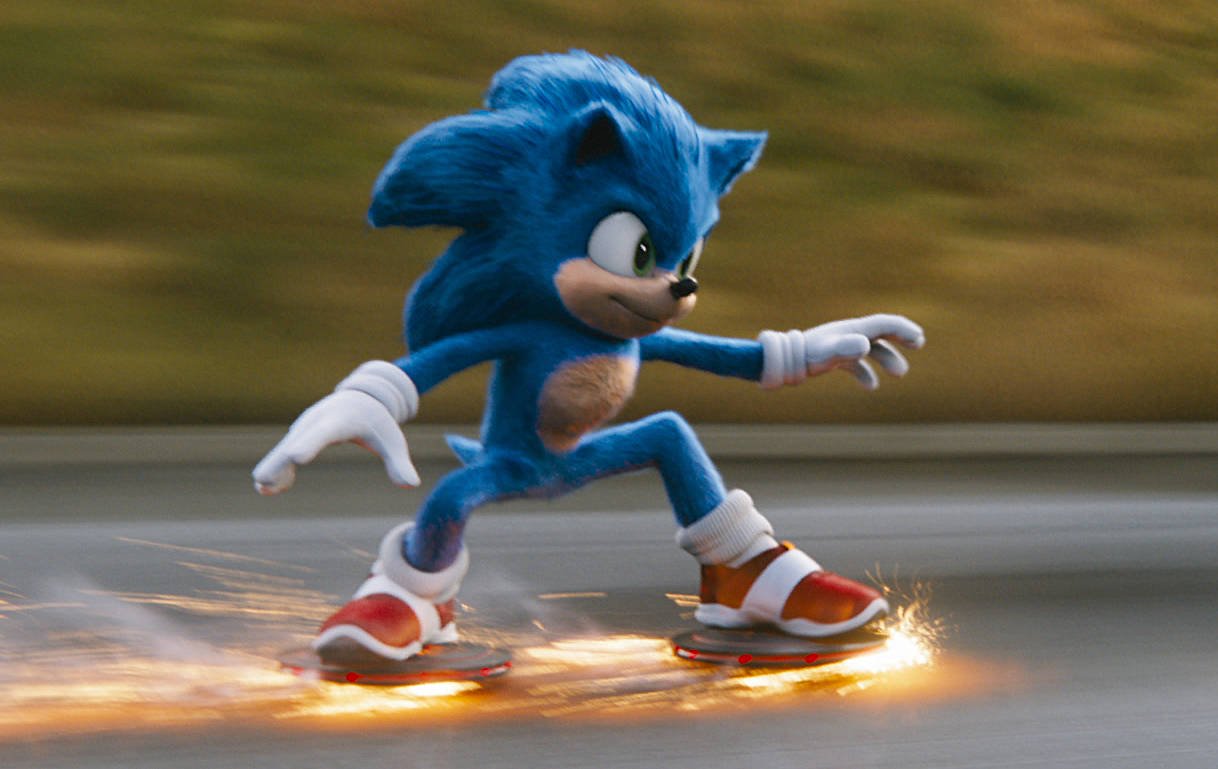 It must be unfair to be Pixar. A new Dreamworks film comes out and people would like it to be a poignant work of animation, but they don’t always expect it. Even Disney Animation these days less and less people would assume they’ll be left an emotional wreck by the end. Illumation is…well, not even expected to be good, let alone be great. Pixar is a different story, most people go in with the expectations of “Make me cry dammit!” because here we are 25 years since their feature film debut and they are still capable at telling hauntingly beautiful stories. The problem these days being it’s no longer a guarantee but more like a coinflip.
It must be unfair to be Pixar. A new Dreamworks film comes out and people would like it to be a poignant work of animation, but they don’t always expect it. Even Disney Animation these days less and less people would assume they’ll be left an emotional wreck by the end. Illumation is…well, not even expected to be good, let alone be great. Pixar is a different story, most people go in with the expectations of “Make me cry dammit!” because here we are 25 years since their feature film debut and they are still capable at telling hauntingly beautiful stories. The problem these days being it’s no longer a guarantee but more like a coinflip.In a way Onward's biggest problem is a meta-narrative of it’s own existence. The film’s protagonist Ian (Tom Holland) worries he’ll never live up to being a great man like his father, likewise Onward doesn’t live up to being as great as its company’s legacy. Truth be told, Onward is fine, it has a basic script with likeably characters, some good comedy, and several successful attempts at creative and dramatic storytelling (Lots of misses, but not all). If this were a film by any other company it would have been given a pass, but this is Pixar, just being okay is not enough, and no it’s not fair, but it’s the world we live in.
Set in a fantasy land mixed with modern day technology, our film sees two brothers Ian and Barley (Chris Pratt) learn of a spell that will bring their father back from the dead for a single day, and so they set off on a quest to try do so within 24 hours. Now a simple plot does not make a bad film, even being able to predict everything that comes doesn’t guarantee a bad film, but when you can feel the tropes slot into place and have characters move from point A to point B like the script is a chess board and the characters the pieces, any natural sense of progression for the characters is completely removed, no emotional growth or regression feels earned, everyone behaves in the particular ways the script needs regardless of whether it feels right.
This doesn’t mean the whole film is like this, there are moments where character goals and the natural momentum of the plot come together, a great example is one of Ian’s goals to be learning how to drive and the way this plays out in the film is an incredibly fun scene. Likewise there are moments that are quiet and where characters can express their emotions without it feeling forced, such as Barley’s last memory of their father, and again, the way it plays out by the end of the film feels very mature and proper. These moments however are the exception not the rule.
The only element of the film that feels true to Pixar quality is the animation, which yet again is beyond stellar, with their focus on detail, realistic in-camera effects and beautiful lighting, it’s the one thing they will always be the untouchable kings of CG Animation.
These aspects are what technically saves the film, but only in the sense that it survives, not so much thrives. It’s unlikely anyone will walk away hating the film, Pixar have certainly made worse, but when it comes to a company with standards this high, simply being okay might still be enough to kill it.
-Danny





